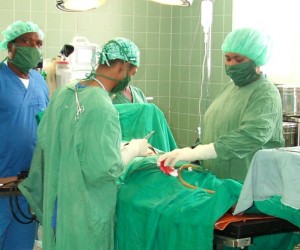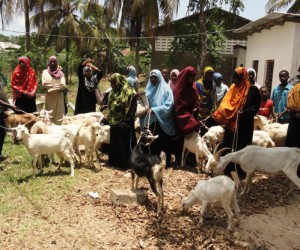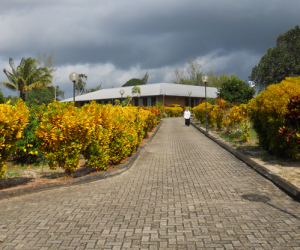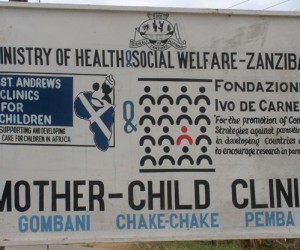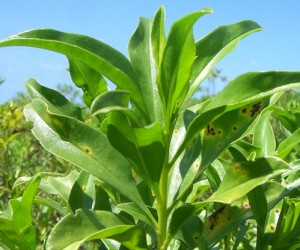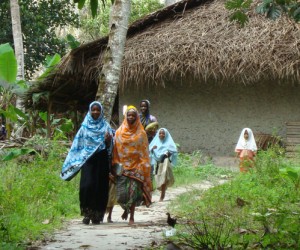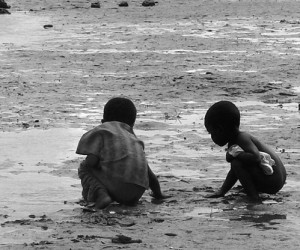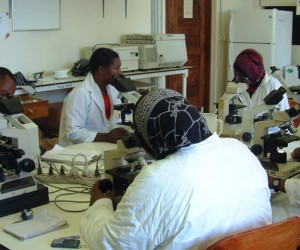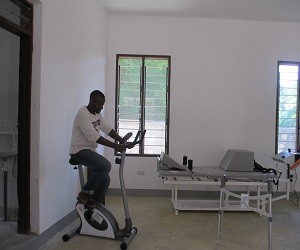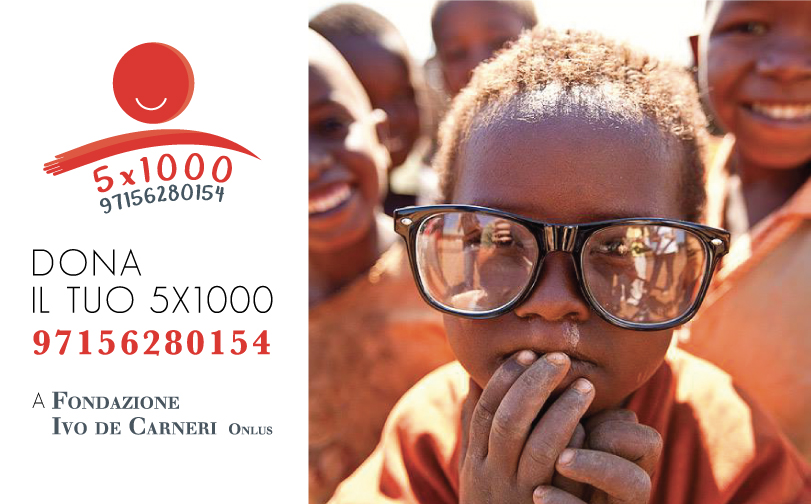SAFE WATER PROJECT – PHASE 3

To contribute to the improvement of the health conditions on Pemba island (decreased morbidity and mortality caused by diseases that spread through water) by providing the population with access to safe water sources.
To rehabilitate the existing infrastructures (primary water sources and water distribution pipelines) and make them suitable for the distribution of water for human consumption.
To monitor systematically the quality of the water for human consumption at 12 pumping stations in the four districts of Pemba island (Chake Chake, Wete - including Kojani island, Mkoani, Micheweni), in order to ensure prompt action in case of contamination and to report any outbreaks.
To make the population, young people in particular, increasingly conscious of the health risks associated with the consumption of contaminated water and to encourage positive behavior in the use of water resource.
Provincia Autonoma di Trento e Comune di Milano
Partner Development: Pedrollo Spa
The project is a natural continuation and implementation of previous initiatives promoted by the Foundation Ivo de Carneri Onlus (phase 1: 2005-2006 and phase 2: 2007-2009). The decision to continue the intervention in the water sector on the island of Pemba approved the request of the local authorities and government of Zanzibar extension of the intervention even in another area of the island of Pemba Island Kojani (district Wete, Pemba North-East), which has a particularly serious health situation due to recurring epidemics of cholera, typhoid and intestinal infections.










The island of Kojani, of about 7 km ², is located in the district of Wete and has an estimated population of about 15,000 inhabitants, all concentrated in the main town of Kojani. For the community of the island, following repeated emergencies has mobilized the government of Zanzibar, albeit with limited and insufficient resources, and decided to take technical and economic aid to improve the water supply system.
The health situation is aggravated by the lack of sanitation and health facilities (in the whole island there are only 10 public toilets, while private ones are absent), the absence of a proper disposal of waste, shortage of raw materials due the difficulty in transport by sea made with fragile boats hollowed out logs (which are the only ones able to cross the narrow and shallow channel that separates Kojani from Pemba).


